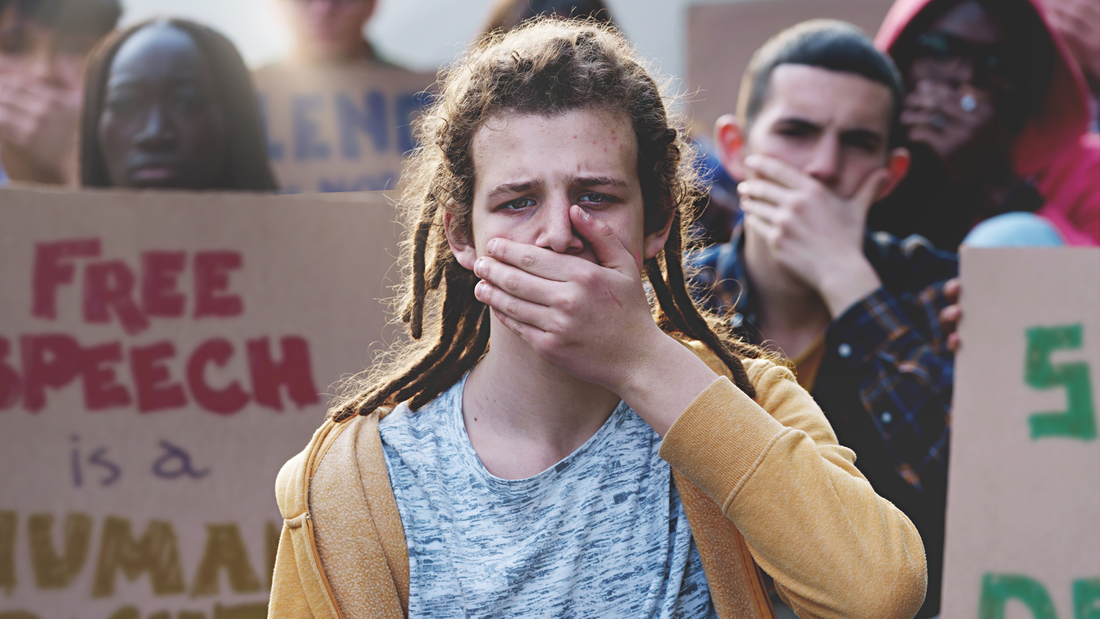|
The U.S. Supreme Court recently set aside a Fourth Circuit decision in Speech First v. Sands, declining to wade into a snowballing collection of campus speech controversies. Washington Post columnist George Will called this a “passive dereliction of duty.” We wouldn’t go that far. Given the ongoing circuit split regarding campus speech policies, the Court will have to address the issue eventually. They may just need a better avenue – or moment – for doing so.
This case concerns Virginia Tech, which created a “Bias Intervention and Response Team” policy that encourages students to anonymously report to school officials any perceived expressions of bias amongst their cohorts, after which the accused may be referred for discipline. Virginia Tech defined “bias incidents” as “expressions against a person or group” based on “age, color, disability, gender, gender identity, gender expression, genetic information, national origin, political affiliation, race, religion, sexual orientation, veteran status, or any other basis protected by law.” In 2021, advocacy group Speech First sued Virginia Tech on behalf of several students, arguing that the policy unconstitutionally chills speech by creating “a literal speech police” and forcing students to self-censor. The Fourth Circuit ruled for the university in May, siding with the Seventh Circuit (which ruled similarly in another case) and against the Fifth, Sixth, and Eleventh Circuits (which found that campus policies chilling speech constitute sufficient harm to support standing). Speech First estimates that more than 450 colleges have bureaucratic thought police operations similar to Virginia Tech’s – though, likely expecting a negative result in the Supreme Court, Virginia Tech recently modified its policy, leading to the March 4 holding, rendering the controversy moot. Still, Justices Thomas and Alito didn’t hold back in their dissenting opinion urging a resolution in the circuit split. Thomas writes: “This petition presents a high-stakes issue for our Nation’s system of higher education. Until we resolve it, there will be a patchwork of First Amendment rights on college campuses: Students in part of the country may pursue challenges to their universities’ policies, while students in other parts have no recourse and are potentially pressured to avoid controversial speech to escape their universities’ scrutiny and condemnation. We should grant certiorari to resolve this issue.” Until the Court acts, colleges and universities in much of the country will be free to pursue Orwellian surveillance operations against students who fail to embrace predominating dogmas. When another case ripens, the Supreme Court should step in. Comments are closed.
|
Archives
June 2024
Categories
All
|
ABOUT |
ISSUES |
TAKE ACTION |



 RSS Feed
RSS Feed